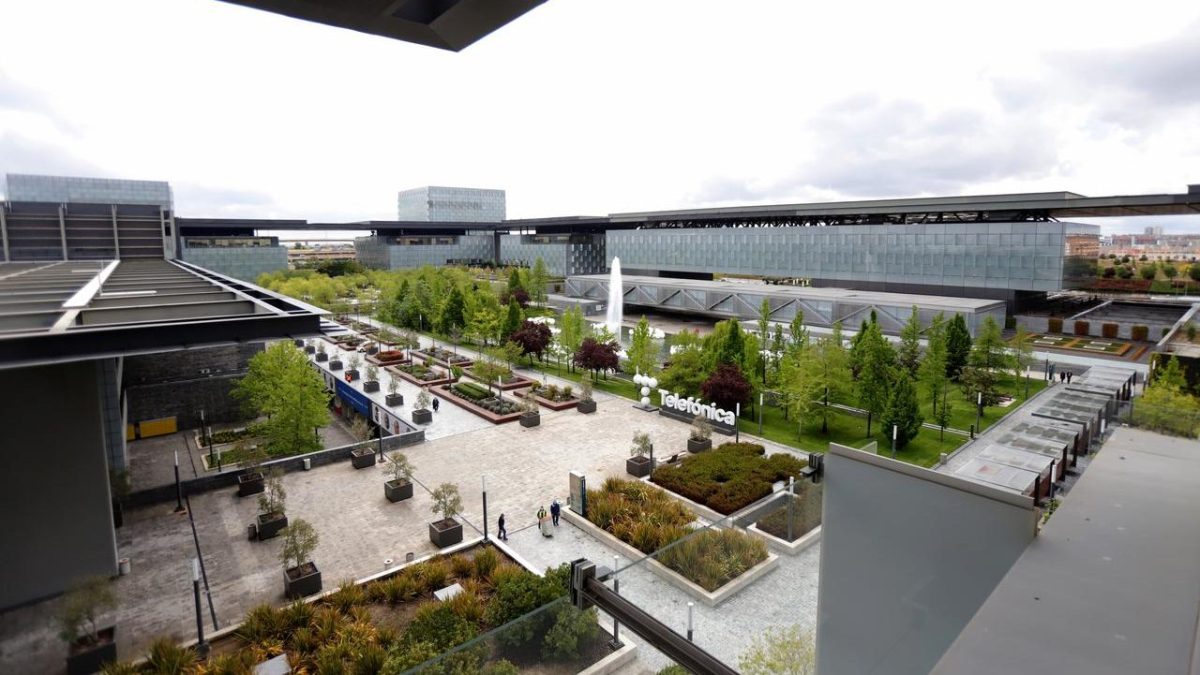The worms
We will start with the worms (and their many varieties) known as annelids. More than 15,000 species of annelids are known and there are still many more to be discovered. Of the three groups of annelids, earthworms are the ones we can observe in the Telefonica District.
They are known in the scientific world as Oligochaetes from the Greek -oligos, ‘little, small’, and from the Latin chaetae, ‘bristles, silks’.
They are invertebrate animals, with a soft body of circular section, elongated and divided into rings. They breathe through their skin, so they need a certain degree of humidity. That is why it is easier for them to emerge from their galleries to the surface when the soil is wetter due to rain or irrigation. This is a good time to see them.
We all know Charles Darwin for his famous theory of evolution. But another of his legacies was his study on earthworms: “The Formation of Vegetable Mulch, by the Action of Earthworms”. In this entertaining book Darwin shows us the importance of all living things (however small they may be) in the ecosystems of which they form part. Earthworms develop their life under the soil, making galleries while swallowing soil and digesting the organic particles they find. Both the aeration of the soil and the formation of mulch by earthworms is a source of life from which many organisms, including humans, benefit.
The earthworm (Lumbricus sp) I found was near one of the stairs next to the pond. They are usually about 10 centimetres long and brown in colour.
